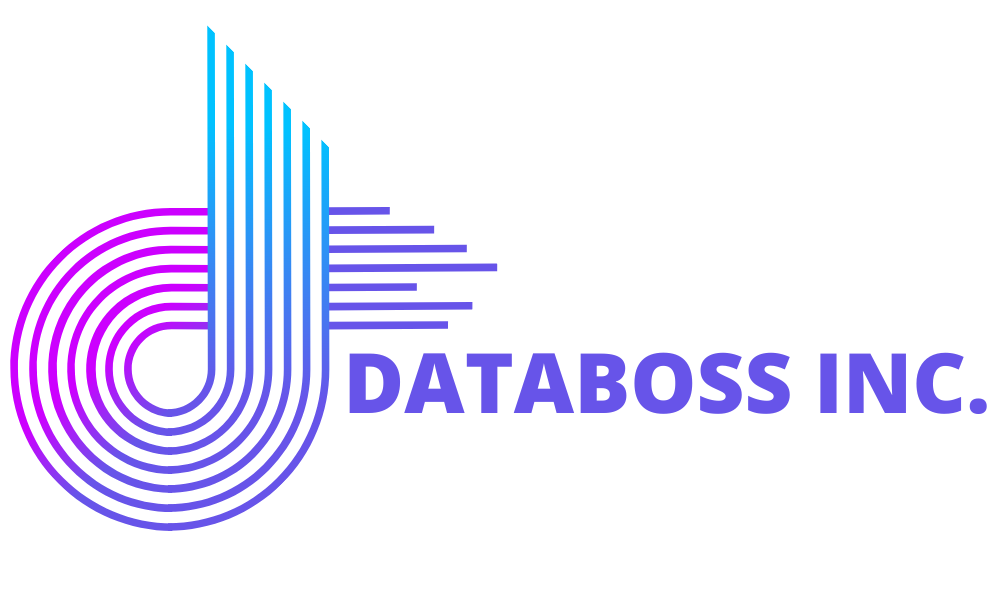The process of going public involves a myriad of complex regulatory hurdles that companies must navigate to successfully list their shares on the stock exchange. This technical overview sheds light on the critical regulatory challenges and considerations that companies need to be aware of during their IPO journey. From compliance with securities laws and regulations to meeting disclosure requirements and corporate governance standards, understanding these intricacies is essential for a smooth transition to the public markets.
Navigating the regulatory hurdles in the process of going public demands a comprehensive understanding of the legal and compliance landscape. Companies must proactively address SEC requirements, disclosure obligations, SOX compliance, corporate governance standards, exchange listing requirements, international regulations, tax implications, and AML/KYC compliance. By prioritizing regulatory compliance and diligent planning, companies can overcome these hurdles and embark on a successful journey to the public markets, fostering growth and unlocking new opportunities for their shareholders.
- Securities and Exchange Commission (SEC) Compliance:The foremost regulatory hurdle in going public lies with the Securities and Exchange Commission (SEC). Companies must meticulously adhere to the SEC’s regulatory framework, which includes filing a registration statement on Form S-1 or Form F-1, depending on whether the company is domestic or foreign. This process entails thorough disclosures on the company’s financials, business operations, risk factors, and management team. SEC reviews, comment response procedures, and amendments to the registration statement are essential steps in achieving SEC compliance.
- Disclosure Obligations:Public companies are bound by stringent disclosure requirements, and going public entails a significant increase in transparency and reporting obligations. Companies need to provide regular updates on financial results, material events, and changes in business conditions. The adherence to Generally Accepted Accounting Principles (GAAP) and International Financial Reporting Standards (IFRS) is vital in meeting these obligations.
- Sarbanes-Oxley Act (SOX) Compliance:After going public, companies must comply with the Sarbanes-Oxley Act (SOX), a comprehensive set of regulations that aim to enhance corporate accountability and financial reporting integrity. SOX mandates robust internal controls, financial reporting certifications, and audit committee independence, all of which add to the regulatory complexity companies face.
- Corporate Governance Standards:Public companies must adhere to stringent corporate governance standards, which encompass guidelines for board composition, executive compensation, and shareholder rights. Meeting these standards is crucial for building investor trust and ensuring compliance with listing requirements set by stock exchanges.
- Exchange Listing Requirements: Companies going public must satisfy the listing requirements of the chosen stock exchange. These requirements often include minimum market capitalization, share price, and public float criteria. Failure to meet these requirements may result in the company’s delisting from the exchange.
- State and International Regulations:Companies conducting IPOs must also grapple with state and international regulations, depending on their geographical presence and the countries where they plan to offer securities. The variations in regulatory frameworks across jurisdictions add complexity to the compliance process.
- Tax and Accounting Implications:Going public has significant tax and accounting implications. Companies need to carefully assess tax implications for shareholders and ensure compliance with relevant tax laws. Additionally, transitioning from private accounting practices to public company reporting standards requires meticulous planning and preparation.
- Anti-Money Laundering (AML) and Know Your Customer (KYC) Compliance:Public companies must comply with AML and KYC regulations to prevent money laundering and ensure the legitimacy of investors. Establishing robust AML and KYC procedures is critical for safeguarding the company’s reputation and mitigating financial risks.
In addition to the previously mentioned regulatory hurdles, companies going public must also be mindful of the growing significance of Environmental, Social, and Governance (ESG) considerations. ESG factors have emerged as critical indicators of a company’s sustainability, responsible business practices, and long-term value creation. As investors increasingly prioritize ESG criteria when making investment decisions, companies must address ESG-related regulatory hurdles to ensure a successful IPO.
ESG considerations have become integral to the regulatory landscape for companies going public. As investors and stakeholders demand greater transparency and accountability on ESG matters, companies must prioritize ESG reporting, integrate ESG into their corporate strategy, establish robust board oversight, engage with stakeholders, assess and manage ESG risks, and align with global ESG standards. By proactively addressing ESG-related regulatory hurdles, companies can enhance their market reputation, attract sustainable investors, and strengthen their long-term performance and shareholder relationships. Embracing ESG principles not only helps companies navigate regulatory requirements but also positions them as responsible stewards of the environment, society, and governance.
Here are some ESG-related regulatory hurdles that companies need to be aware of:
- ESG Reporting and Disclosure Requirements: ESG reporting and disclosure have become vital aspects of a company’s public image and investor perception. Companies are expected to provide comprehensive information on their environmental impact, social initiatives, and corporate governance practices. This involves disclosing greenhouse gas emissions, energy consumption, waste management strategies, diversity and inclusion efforts, labor practices, executive compensation, board composition, and more. Meeting these ESG disclosure requirements is essential for building investor trust and attracting ESG-conscious investors.
- Sustainable Finance Initiatives: Regulators and exchanges worldwide are increasingly introducing sustainable finance initiatives, such as green bonds, sustainability-linked loans, and sustainability indices. Companies seeking to go public should assess their eligibility and compliance with these initiatives, as they may offer favorable financing options and enhanced market visibility.
- ESG Integration into Corporate Strategy: Companies must demonstrate that ESG considerations are integrated into their corporate strategy and long-term planning. Investors expect companies to articulate how ESG factors align with their business objectives, risk management practices, and value creation strategies. ESG integration should be substantiated with concrete actions and measurable targets.
- Board Oversight of ESG Issues: Corporate boards play a crucial role in overseeing ESG-related matters. Companies preparing for an IPO should establish board committees or task forces dedicated to ESG oversight. Board members need to possess ESG expertise and actively engage with management in addressing ESG risks and opportunities.
- Engagement with Stakeholders: Engagement with stakeholders, including investors, customers, employees, communities, and regulators, is essential for demonstrating commitment to ESG principles. Companies must proactively communicate their ESG efforts and respond to stakeholder concerns to build trust and support.
- ESG Risk Assessment and Management: Companies need to conduct comprehensive ESG risk assessments to identify material ESG risks that could impact their business operations and financial performance. Implementing effective ESG risk management strategies is crucial for mitigating risks and fostering long-term sustainability.
- Alignment with Global ESG Standards: Adherence to globally recognized ESG standards and frameworks, such as the Global Reporting Initiative (GRI), Sustainability Accounting Standards Board (SASB), and Task Force on Climate-related Financial Disclosures (TCFD), is increasingly expected by investors and regulators alike. Companies should align their ESG reporting with these standards to enhance comparability and credibility.





